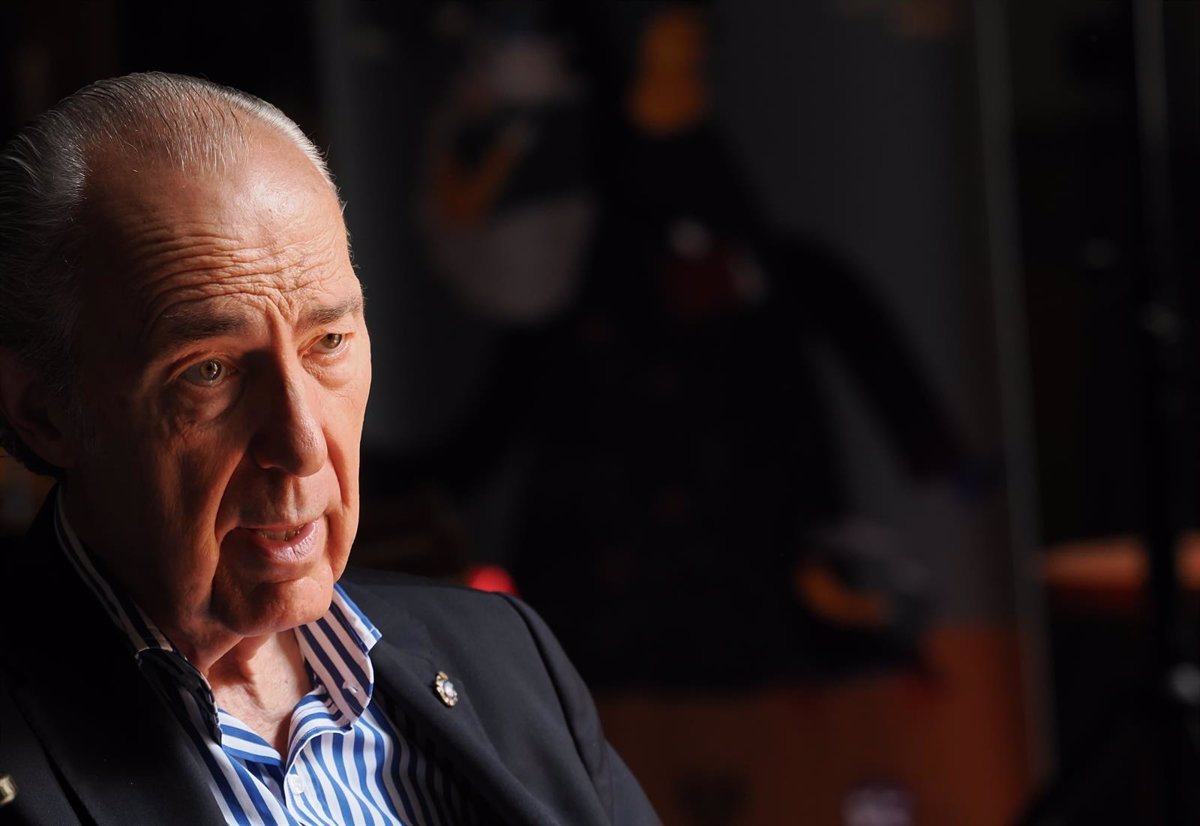Spanish writer Luis Alberto de Cuenca, who recently failed to obtain the necessary majority to enter the Royal Spanish Academy (RAE), has lamented that «Spain is a country where success or winning a major award generates envy and resentment.»
The writer expressed this in statements to the media at the Valladolid Book Fair, where he shared his perspective on the events that left him out of the RAE for the second time after his initial candidacy in 2004.
«Since I was a little boy, I wanted to be a member of the Spanish Academy, but now that I’m older, I have realized that it won’t happen, and I find it amusing to see all that has unfolded,» said the writer, who recently received the Reina Sofía Ibero-American Poetry Prize.
He explained that his candidacy was thwarted by the appearance of thirteen blank votes, enough to prevent him from reaching the required majority, despite receiving more support than the other candidate.
According to him, factors such as his involvement in politics or the intense media visibility of his candidacy may have negatively influenced the outcome. «It’s not one hundred percent politicized, but enough for me not to have been elected,» he added, recalling that in 2004 he also ran but his recent tenure as Secretary of State for Culture in the government of José María Aznar was still fresh.
Later, at the Círculo de Recreo, the writer engaged in a warm conversation with fellow poet Luis Felipe Comendador, discussing various stages and themes of his career: the influence of comics, his time as a «postmodern» poet emerging from the Madrid scene, his connection to film noir, and his belief that poetry should be understandable without sacrificing depth.
«I enjoy poetry much more when I understand it,» he stated, emphasizing that «there is a clarity that should lead you to other poems.»
De Cuenca shared anecdotes with Comendador about his creative process, revealing that he mostly writes on the computer and works with poems that either flow «in one go» or require multiple versions.
«Sometimes I feel like I’m writing at someone’s dictation. It’s probably absurd, but explainable,» he said, before also highlighting the visual aspect of his poetry.
He recalled how some of his verses were projected during concerts and how his poetic work is currently on display in Barbastro, an exhibition linking it to movie posters: «There has always been an intimate relationship between cinematography and poetry.»
The event concluded with readings of several poems, including one dedicated to the academics who cast blank votes, and a shared reflection: «Every memorable poem carries a disguised self, a fiction that represents and transcends us.»
HOMAGE TO JESÚS ANTA
On another note, the Valladolid Book Fair paid an emotional tribute on Tuesday to Jesús Anta, a researcher, disseminator, politician, and chronicler of the everyday, whose work in defense of the popular heritage of Valladolid and its province has left an indelible mark on the city’s cultural life.
The event, held in the Main Hall of the Círculo de Recreo, brought together friends, collaborators, and editors to remember his figure and legacy. The tribute featured contributions from editor and folklorist Joaquín Díaz, Páramo editor Javier Campelo, and Valladolid Toma la Palabra spokesperson Rocío Anguita.
Each of them provided a personal and professional testimony that helped shape a multifaceted and deeply human image of Anta, described as a man «who cared about the small things and the little ones.»

